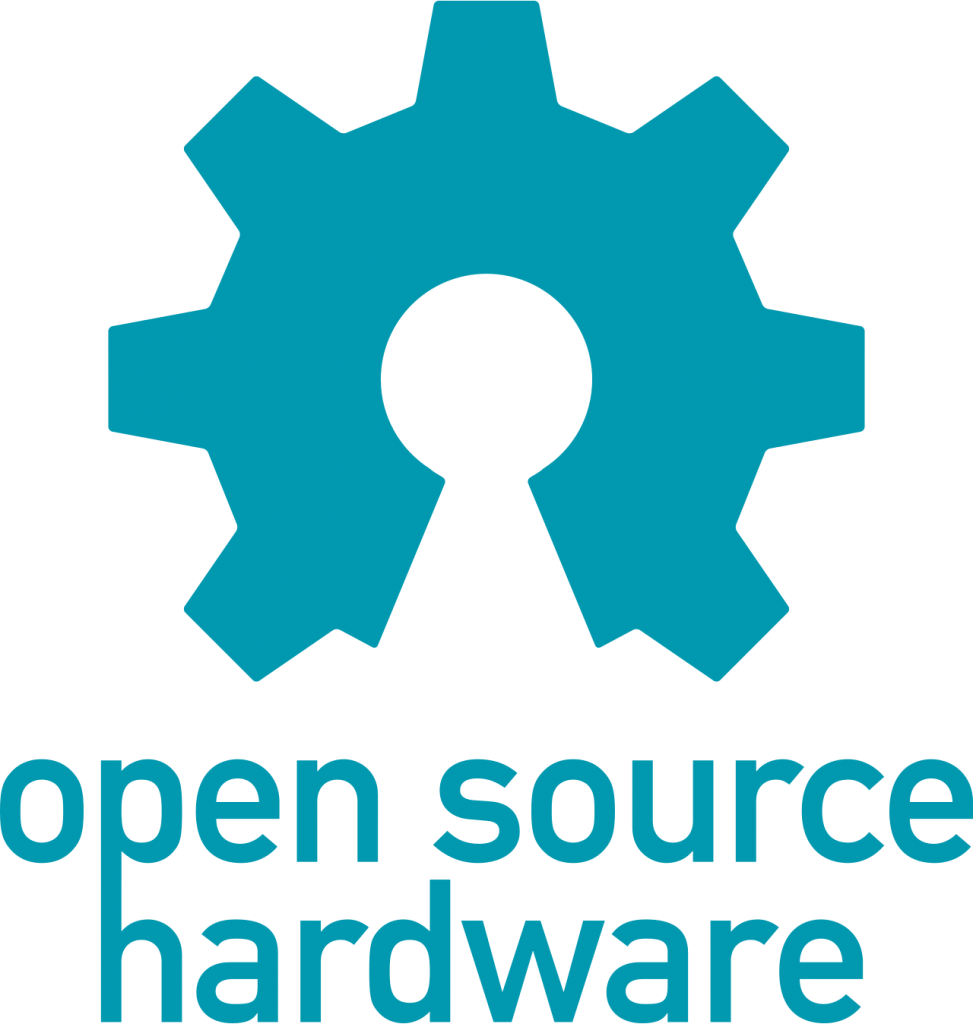
Abstract
[Talk by Matthias Tarasiewicz] FOSH in the past years has moved away from being a small niche and has developed to a relevant movement with significant and well-known projects. Open Science Hardware offers an opt-out potential against centralisation, as visible in the Safecast Crowd Science Geiger Counter, which offered concerned people a chance to fact-check radiation levels after the Fukushima incident in Japan. Open Hardware has a success story to tell – but what does “open” in this context mean? How open can hardware be, post the age of microcomputing? Verifiable hardware could even help future nuclear disarming (see 34C3, “Vintage Computing for Trusted Radiation Measurements and a World Free of Nuclear Weapons“). In contrast, the actual hardware landscape is neither very open, nor verifiable. Additionally, HSMs and TEEs are challenging zero-trust by introducing novel attack vectors [1, 2]. Mistrust in modern day processors are growing, especially after “Spectre”, “Foreshadow” and “Spoiler”. Full Opt-Out possibility is presently not possible, Free and Open Source Silicon can the first step to a Zero-Trust society – but the future remains speculative.
The past, present and future of Opt-Out with Open and Libre Hardware is part of “Open Hardware Dialogues” a program by RIAT in the context of the #OHM2019 Open Hardware Month.
Updated slides available here: http://parasew.com/openhardware_03.pdf
More information on the talk
Other talks in this context from Matthias Tarasiewicz
- 32c3: presentation about Apertus AXIOM (2015)
- transmediale: Future Factories (2016)
- MoneroKon 2019 – Critical Decentralisation, Open & Libre Hardware (2019)
About RIAT
- RIAT is an independent institute working with future cryptoeconomics, privacy technologies and open hardware. We are researching and designing the future of decentralisation. See the program of RIAT during Open Hardware Month on the dedicated page.
- Future Cryptoeconomics Magazine
- Openism – Conversations on Open Hardware
About OSHWA